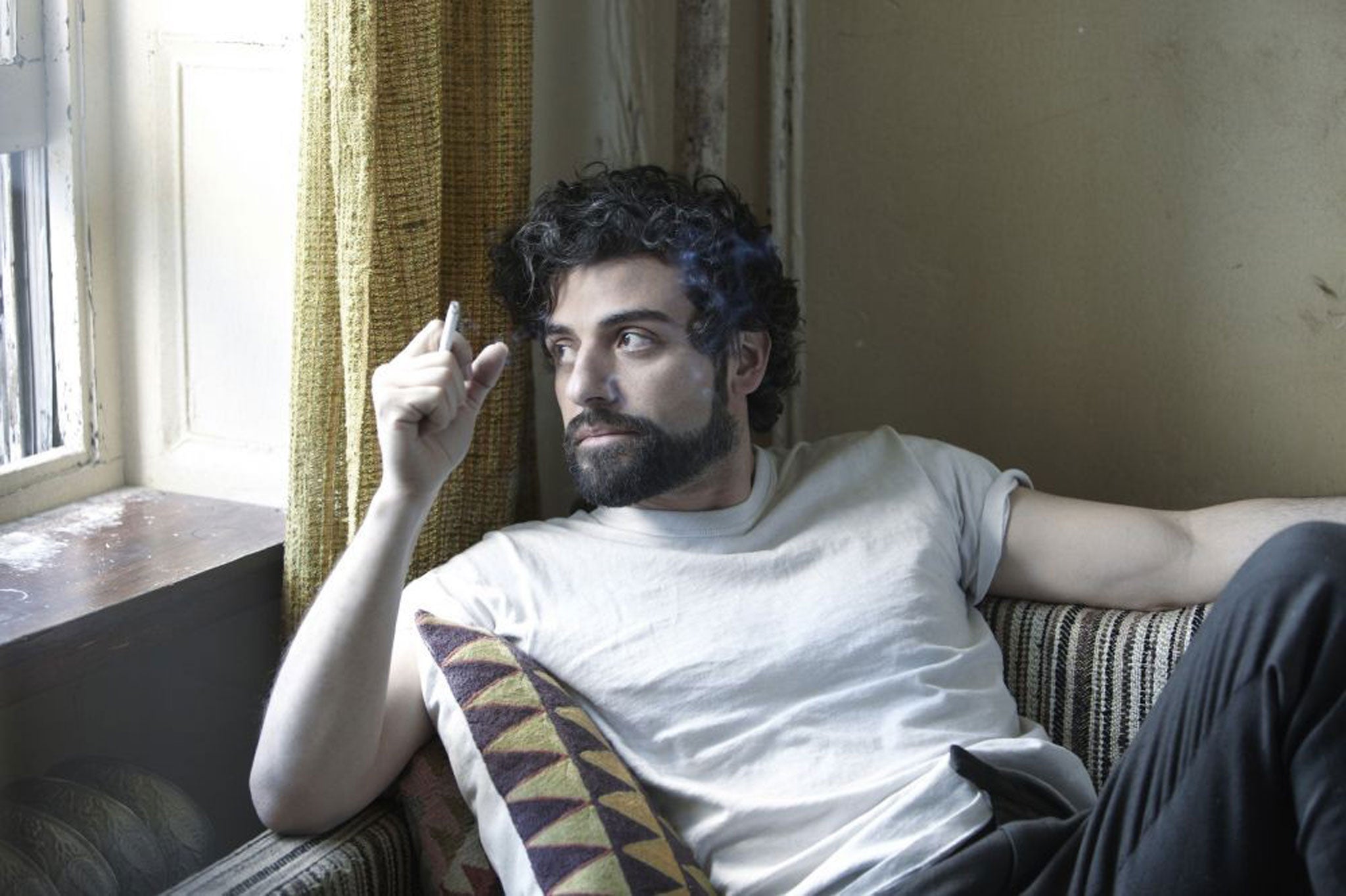Inside Llewyn Davis, film review: Brooding ballad hits the right notes
(15) Dir. Joel Coen + Ethan Coen; Starring Oscar Isaac, Carey Mulligan, 105mins

Your support helps us to tell the story
From reproductive rights to climate change to Big Tech, The Independent is on the ground when the story is developing. Whether it's investigating the financials of Elon Musk's pro-Trump PAC or producing our latest documentary, 'The A Word', which shines a light on the American women fighting for reproductive rights, we know how important it is to parse out the facts from the messaging.
At such a critical moment in US history, we need reporters on the ground. Your donation allows us to keep sending journalists to speak to both sides of the story.
The Independent is trusted by Americans across the entire political spectrum. And unlike many other quality news outlets, we choose not to lock Americans out of our reporting and analysis with paywalls. We believe quality journalism should be available to everyone, paid for by those who can afford it.
Your support makes all the difference.Set in the Greenwich Village folk scene in the winter of 1961, all polo-necked jumpers, neatly trimmed beards and corduroy, the Coen brothers' 16th film is a downbeat character study and a somewhat melancholy film about the high price of artistic integrity.
Llewyn Davis (Oscar Isaac) is clearly talented and cares deeply about his music. But he can't afford a winter coat, and lives on the charity and spare couches of whichever acquaintances he has least recently offended. Jean (Carey Mulligan), a singer whose abortion he is obliged to fund, calls him "King Midas's idiot brother" because everything he touches turns to... well you can guess what.
It is not one of the Coen brothers' most crowd-pleasing films, then. If anything, it seems like a restatement of their intention and right to go their own way. But there is still so much to enjoy about it. There is the precise and musical rhythm of their dialogue. Bruno Delbonnel's muted colour cinematography, which makes every frame look like an oil painting.
The beautifully detailed period setting. The structural tidiness. Colourful supporting characters such as John Goodman's jazz musician and his beatnik travelling companion. There's the music, if you like that kind of thing. And it also features the best onscreen depiction of the relationship between a shabby hero and a ginger cat since Elliott Gould in The Long Goodbye.
Join our commenting forum
Join thought-provoking conversations, follow other Independent readers and see their replies
Comments